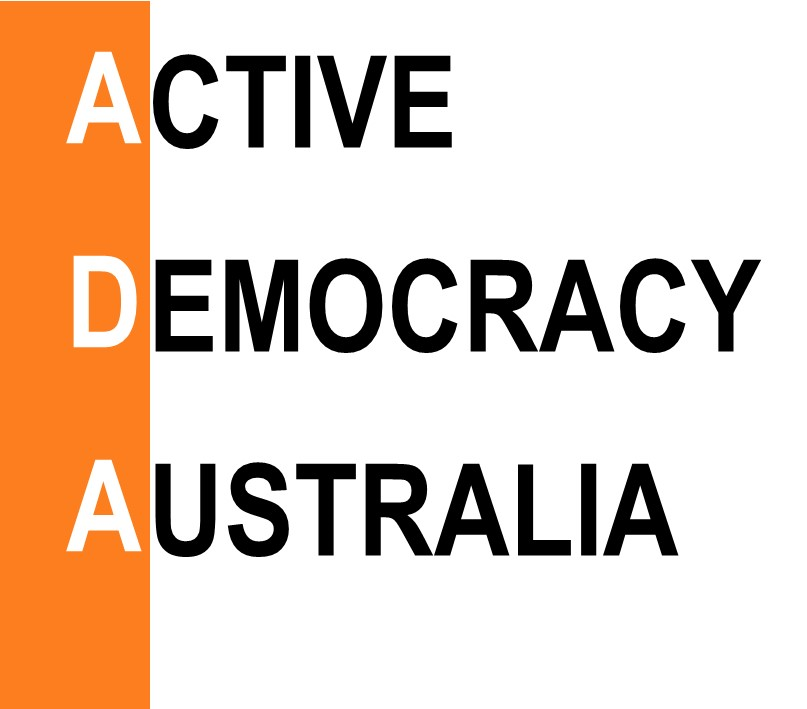Obtaining the resources to do what you want to do
Your group will need resources to do its work, including funding for some purposes. This will include in kind support: people’s time and expertise; public venues, homes and cafes to meet and work in (don’t pay for an office); (almost) free communication through a website, email and social media; and so on.
The group’s members and participants are an obvious source of this in-kind support. If you need something, ask these people first. If you are on good terms with your local council, you may be able to get free or concessional use of public venues (large and small). Other sources of venues include churches, schools and scout or guide groups.
When you do need money to pay for something you can’t get in kind, the following may be useful sources:
Donations:
- Have a donations box at any events you organise – and remind people it’s there.
- Make memberships free, as you don’t want to discourage anyone from joining, but on the membership form add something to the effect of “Your participation is your most valuable contribution, but if you can also contribute financially this is great” followed by some options for one-off or periodic donations.
- Fundraising for special purposes (see fundraising events and crowdfunding below).
Fundraising events:
- The options for this are extensive: dinners, lunches or breakfasts; quizzes; concerts; talks; art or photography exhibitions; walkathons; auctions of donated goods and services; open gardens; sales of food, crafts, plants or second-hand goods; to name just some common ones. Meals can be combined with sales, auctions, quizzes etc.
- As well as raising money, such events can be an opportunity to tell those present about the group and its work, and for participants to have fun and get to know each other better. If existing participants bring their friends, some of them may join the group as well.
Crowdfunding:
- This internet-based approach requires a well-planned, intense campaign over a limited time period. It’s a form of donating but more public. You need a specific ‘thing’ for people to donate to, such as an event, or a campaign with clear outcomes achievable in a short time frame.
- You set up crowdfunding through a crowdfunding ‘platform’. To find out more, Google ‘organising crowdfunding’ and ‘crowdfunding platforms’.
- Don’t assume that lots of strangers will see it online and donate – you need to do the leg work behind the scenes to persuade people to do so.
- It’s good to have a dedicated person or task group and months to plan and run it.
A concluding word of warning about funding: It is very difficult for organisations that may be seen as ‘political’ to obtain funding from philanthropic trusts, or to gain charitable or DGR (deductible gift recipient) status, which would enable donations to them to be tax-deductible, so such fundraising avenues are unlikely to be successful. However, it can be possible to arrange with an organisation that has DGR status to auspice your project or event so you can attract tax deductible donations.
Connect
